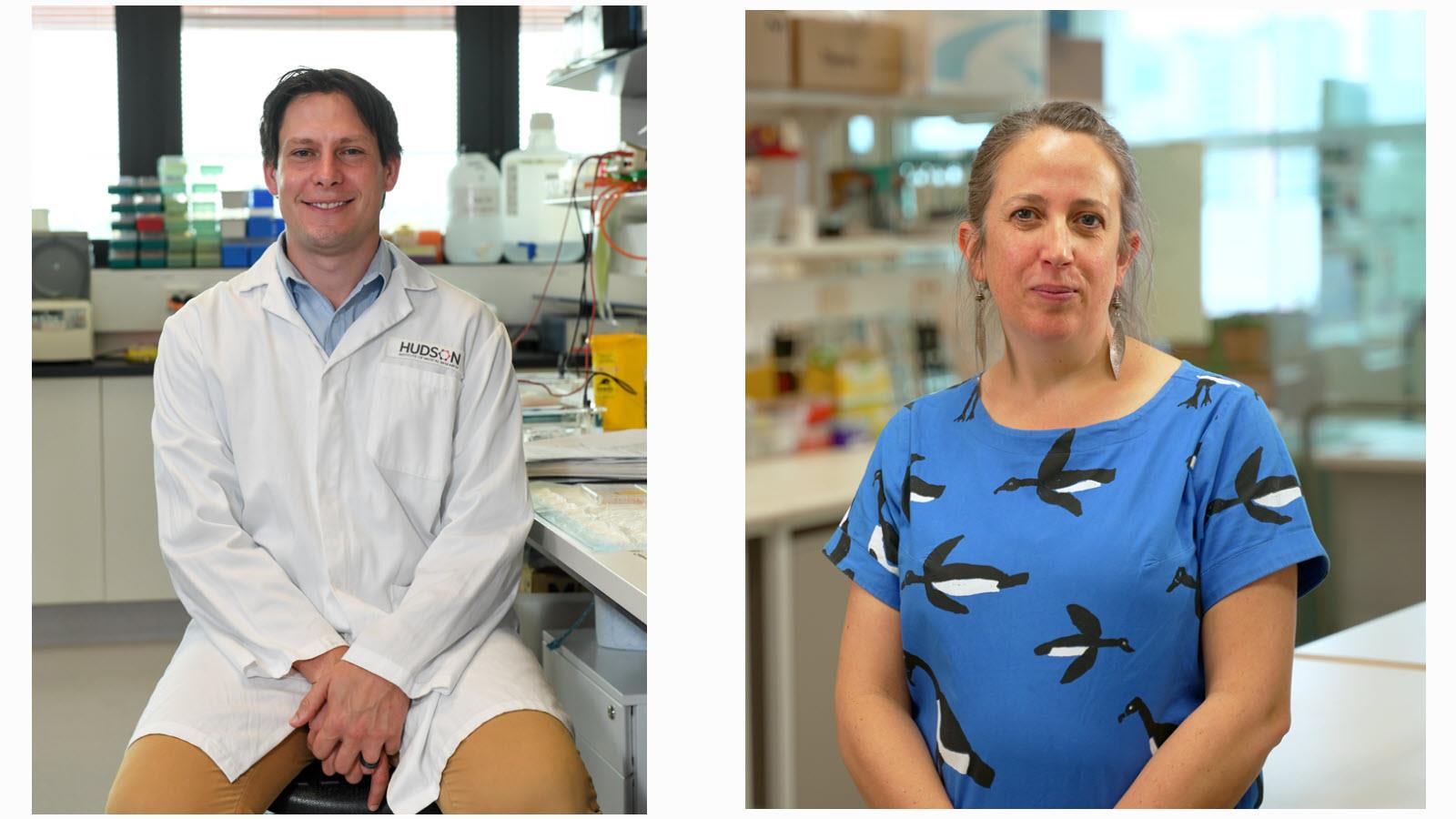The recipients of CSL’s 2022 Centenary Fellowships are working on research that probes the mysteries of serious illness – complicated stuff. But to put it simply, both Dr. Samuel Forster and Dr. Michelle Boyle want to unravel how microbes mess with our immune systems, reducing the ability to fight infections.
The CSL research grants will give each AUD $1.25 million to advance their work. The goal is to make discoveries that will improve outcomes for patients.
Forster is focused on chronic bowel diseases and the health of the gut, home to hundreds of species of bacteria. Forster’s work suggests that some bacteria influence the gut’s immune system and contribute to inflammatory bowel disease (IBD), a chronic, painful and disruptive condition. It affects about one in 100 people in Western countries. Its cause is unknown, and it is incurable.
“We have identified bacteria that appear to be blocking the normal, programmed death of cells lining the gut. This may be preventing resolution of inflammatory lesions in IBD,” he said.
With the support of his fellowship, he will study the interactions between these bacteria, the gut microbiome they exist in and the genetic background of people with IBD.
“My vision is to create safe and effective treatments that will improve quality of life for patients,” said Forster, who works at the Hudson Institute of Medical Research in Melbourne.
Boyle, whose work focuses on malaria, discovered how the malaria parasite can disrupt the body’s immune response, reducing the effectiveness of vaccination in children in malaria-affected communities.
Malaria kills more than 627,000 people each year and infects more than 240 million people, keeping many of them in poverty. Children are particularly susceptible. Despite decades of research, the single licensed malaria vaccine has only about 20 percent efficacy in children in high-malaria regions, Boyle said.
“A recent experimental vaccine was nearly 100 per cent effective in preventing malaria in previously unexposed people but failed to produce any protective response in children already exposed to malaria,” she said. “We found that a particular group of immune cells drive functional antibody development in human malaria infection. And we found that during malaria infection these cells are not activated optimally, especially in children.”
Boyle, based at the Burnet Institute in Melbourne, will use her CSL Centenary Fellowship to investigate how malaria disrupts these immune cells and determine ways to overcome this disruption – with the aim of boosting the body’s immune response to malaria.
CSL Chief Scientific Officer, Dr. Andrew Nash, presented the fellowships, which CSL gives annually.
“Great science leads to great medicines and vaccines,” he said. “Michelle and Sam are both advancing fundamental human knowledge, but with potential practical applications for diseases of global consequence.”



